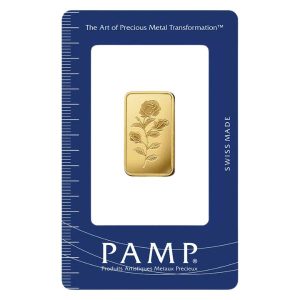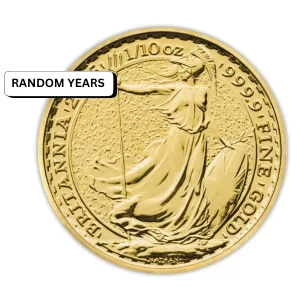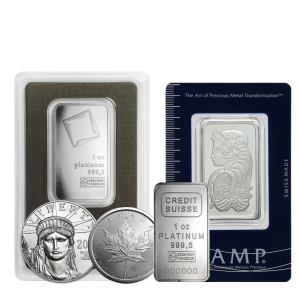Most investors take gold as one of the key assets to diversify their investment portfolio and protect against inflation and economic uncertainties. However, in case you are planning to buy gold bars, you might notice that major financial institutions such as Chase Bank don’t offer them. Let’s explore the reasons why Chase and other similar banks stay away from this practice.
-
Regulatory and Compliance Challenges
Chase and other banks within the United States are under intense regulatory conditions. Selling the physical gold would come with more regulatory burdens in relation to financial reporting and security measures. Additionally, compliance with the existing mandates, in addition to Anti Money Laundering (AML) laws and Know Your Customer (KYC) regulation, imposes complexities and expenses on the bank.
-
Risk Management Concerns
Physical gold represents a risk of very unique nature from a management point of view. It has to be stored properly with the right kind of security and insurance coverage; even logistic issues of its transportation add to the complexity and cost involved in its operation. Finally, the inherent price volatility of precious metals like gold introduces financial risks that banks, such as Chase, generally prefer to avoid. On a smaller scale, Chase could offer investing opportunities in the area of gold, such as ETFs or shares of mining companies.
-
Business Model and Strategic Focus
Chase Bank’s primary core is banking services that consist of loans, deposits, and wealth management. Strategic focus on the lines of generating interest income, charging fee income, and offering financial services leveraging institutional strengths. These things are typically not found when selling gold bars.
-
Limited Customer Focus To Bullion
The customer’s demand is Likewise, with the bank’s regular clientele, like Chase’s, the demand for physical gold from its customers was relatively minimal. In this line, more customers of the bank tend to do the typical banking services than engage in the purchasing of physical commodities. Generally, investors looking to buy gold bars usually turn to specialized precious metal dealers who normally offer a wider variety of offerings and expert focus.
-
Availability of Alternative Investments
Chase offers an investment portfolio closer to their financial products, such as bonds, stocks, mutual funds, and gold-related exchange-traded funds. These are the alternatives that enable the customer to invest in gold market segments indirectly and provide benefits like easy liquidity and simple trading compared to physical gold.
Takeaway
Despite gold being a much sought-after form of investment, Chase Bank and some other US Banks opted to not sell the gold bars in order to focus more on the complexity of regulation, risk management, and concentration in their core financial services strategy. For the prospective investor of gold, the number of possible alternatives is colossal, from buying it from dedicated dealers to purchasing financial products related to gold offered by banks. These ways provide ways to get the investor exposure to gold while aligning themselves with the services and expertise of already positioned financial entities.
 Hi,
Hi,











